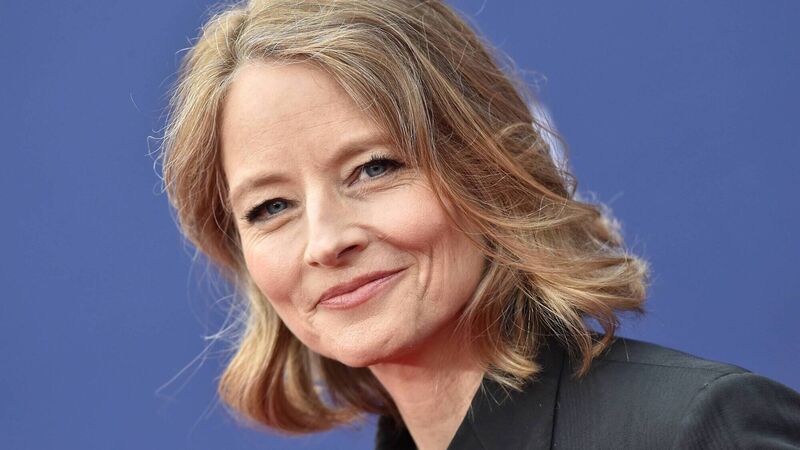Jodie Foster: 'I don't need to be known by everyone'

Jodie Foster: "It’s not that I’m not in touch with my feelings. It’s that I’m scared of what happens when I show them. For an actor, that’s crazy! What a cruel profession for somebody like me. I didn’t choose it. I was 3 years old. I got picked because I was willing." Pic: Axelle/Bauer-Griffin/FilmMagic)
Despite growing up on film, which is to say in public, Jodie Foster has always been an enigma.
As a child actor, she was capable of uncanny, how-could-she-know-that emotional acuity. As an adult, she was determined to play women, like Clarice Starling in and Sarah Tobias in , who defied easy categorisation. (She won Academy Awards for both roles.)







